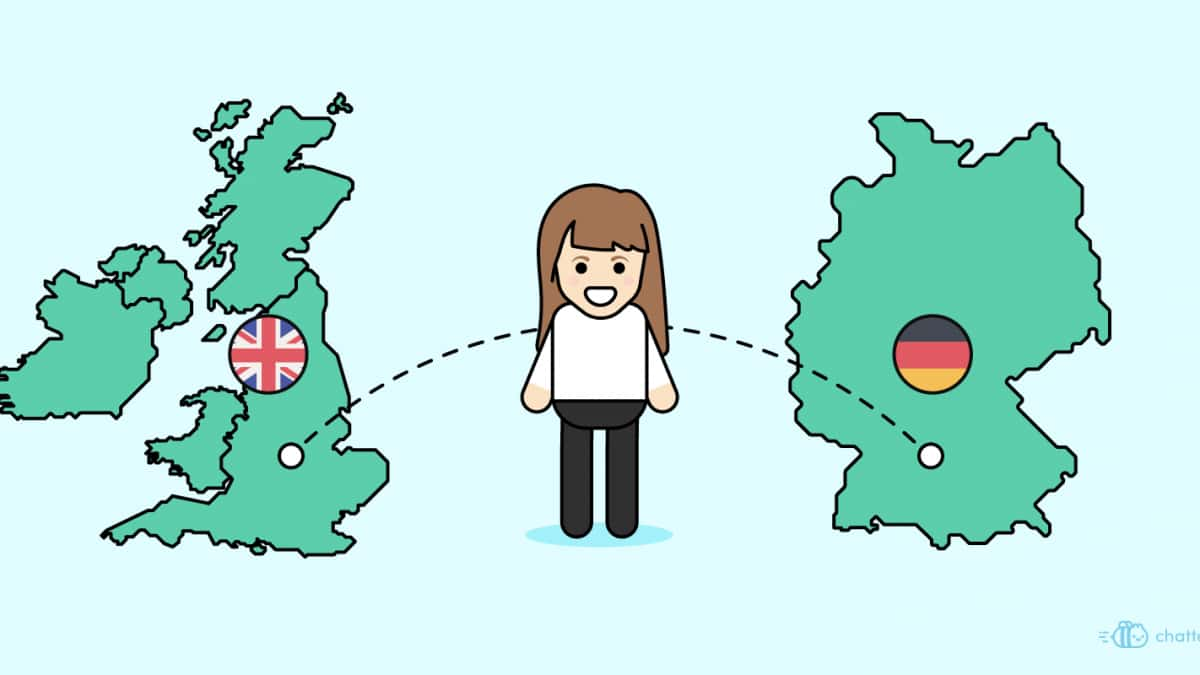
Third Culture Kids
A third culture kid also known as TCK, is a person who has spent a significant portion of their developmental years in a culture other than their parents or the culture of their passport. TCK’s are often multilingual and have a multicultural perspective. This can be a difficult experience, as they may feel like they don’t quite fit in anywhere. They may have trouble relating to people from their own culture, as well as the culture they have been living in. This can lead to a feeling of rootlessness and isolation. However, it can also be an enriching experience, as third culture kids learn to adapt and be open to new experiences, such as playing Woo Casino.
There are many advantages to being a third culture kid. One advantage is that they are often very adaptable and flexible, due to their experience of living in multiple cultures. They are also often very open-minded and tolerant, as they have been exposed to a variety of different belief systems and ways of life. Additionally, third culture kids often have strong language skills, as they have usually learned to speak more than one language. In other words, third culture kids often have a strong sense of identity, as they have had to navigate multiple cultures and figure out where they fit in. There are many job opportunities available to third culture kids. Some of these job opportunities include working in international organizations, being a translator or interpreter, working in the travel and hospitality industry, or working as a freelance writer or photographer. Third culture kids also have the opportunity to work in education, either as teachers or administrators. Additionally, many third culture kids are self-employed, either running their businesses or working as consultants.

There are several disadvantages to being a third-culture kid. One is that they often feel like they don’t belong anywhere. They may have difficulty relating to people from their parents’ culture or their host culture. They may also feel like they are always in between cultures and never really part of any one culture. Additionally, third-culture kids may have trouble with language and communicating with people from different cultures. It can be difficult for third culture kids to visit their home countries. They may feel like they don’t fit in anymore, or like they’re not really from anywhere. They may find it hard to relate to their relatives, or to people in general. They may also feel like they’re not really welcome, or like they’re not part of the family anymore.
Sometimes, third culture kids are the first generation of their immigrant parents. They are constantly having to balance two worlds – the world of their parents and the world that they live in. They are expected to be a bridge between the two, but it’s not always easy. They constantly have to prove themselves to both sides and have to work twice as hard to get half as far. But it’s all worth it in the end, because they are the ones who can make a significant difference.
There is no definitive answer when it comes to the question of whether or not third culture kids are better off than their peers who don’t have the same experiences. However, many experts agree that the unique perspective that third culture kids have can be an asset in many different areas of life. For example, third culture kids are often more adaptable and open-minded than other people, and they often have a better understanding of different cultures. Additionally, third culture kids often have strong relationships with people from all over the world, which can be beneficial in both personal and professional contexts.


